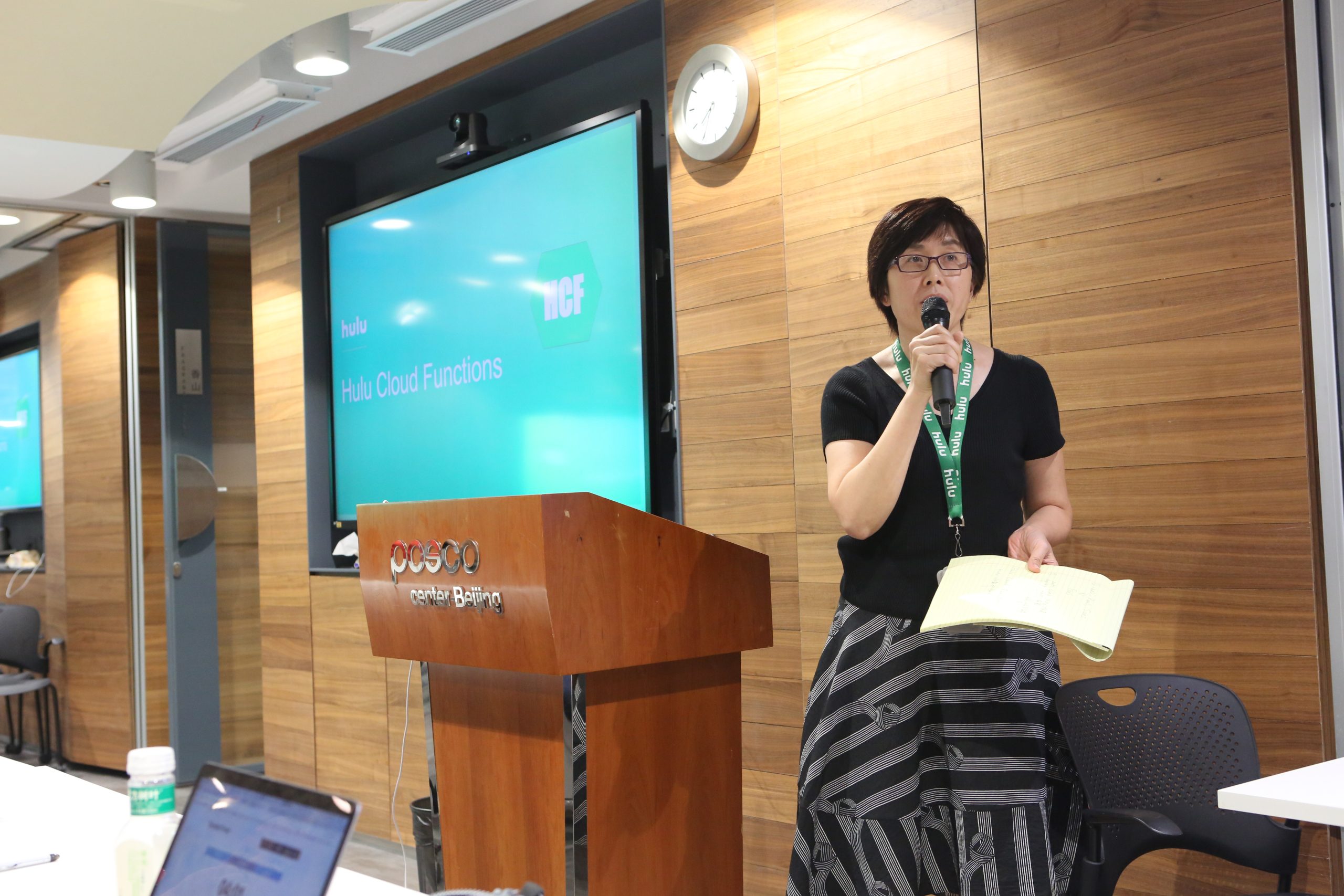When Tina Hu first learned English at her middle school in the city of Wanyuan reciting vocabulary and grammar rules, she didn’t imagine that she would one day teach the language to other children as a passion.
Tina grew up in Sichuan. During her childhood, English was taught very traditionally, without any focus on reading and writing, rather, the procedures centered around repeating and reciting. It was not until her time at Tsinghua University that she received the unexpected opportunity of studying abroad at the University of Toronto that Tina first started to realize, learning a language did not mean knowing it. In Canada, she found that a good test score was not much more important than a good habit of reading the newspaper.
Tina began exploring English education with her own child. Because of the many years she had spent in an English-speaking environment and having an honest passion for the language, Tina created an efficient yet kid-friendly plan. Soon, this schedule that was tailor designed for her own kid’s learning interested a group of other families in the community, and what resulted was Tina’s first reading club for younger children.

Ever since then, Tina has been constantly refining her understanding of English learning pathways, using her experiences as a manager at an international high-tech company as an inspiration for her passion.
Now, if you ask her about her general thoughts on English learning, she will say, “Learning English is like learning to drive: one way to do it is to practice, again and again, in a driving school; another way—a better way to do it—it to travel the world”. With this perspective, Tina’s reading club has included almost 40 kids in the past 9 years. The club is an environment for the kids to grow a reading habit, and to enjoy the English learning process.
I asked Tina about what advice she had for young children, especially during this summer when the school will not be around to keep the kids’ progress in check.
Q: If you were to simplify your idea of an English learning process, what steps would there be?
A: The first phase, for someone who’s not a native speaker, it’s best to start by knowing the sound of English, and listening to things like TV programs, English songs, podcasts, etc. Phonics, which is the bridge between sound and printed words, is the second step. After that there is leveled reading, such as the system Reading A-To-Z. Only after all of this do we have independent reading.
Q: What do you think is the most important factor for continued improvement in English?
A: We normally break down English learning into reading, listening, writing, and speaking. The first two are inputs, and the last two are outputs, which are what we are looking for in the end. But to be able to output, we first need input. I think reading and listening are vital to improving your English.

Q: What are the benefits of reading and listening?
A: Can you move without having any muscles? It’s the same here. At the most fundamental level, I think reading—which is the capability of processing text—is the most basic skill that enables students to do anything else—analyze, critically think, etc. I think of language as the “open sesame” moment. Also, we always say that your body or your soul, one of them has to be on the road, and reading books or listening to text are both like traveling. On top of this, having been an employee at a high-tech company for 20 years, I can see that the lack of diversified and deep reading has become a barrier in both the creativity and empathy of young engineers, and I believe that this isn’t a singular phenomenon.
Q: Why is it important for young children to maintain healthy reading/listening habits during the summer?
A: The summer holiday is when kids have a lot of time to focus on reading. If they can immerse themselves in reading regularly during the holiday, at the end of the summer when they return, they’ve made memories, and they’ve also gained familiarity and fluency in English. Also, out of all the time slots present in a year I think this holiday is one of the best times. People say it takes 21 days to build a habit, so I believe that the summer is the most convenient time ever under such a rule!
Q: What are a few tips you can give to families to help their kids with English this summer?
A: Number one, find books that kids like to read. Like, books they actually want to read. The summer is for fun, and building a reading habit should be fun. Number two, practice reading aloud. Reading aloud is pretty much a forgotten art, but doing it habitually over a long time produces amazing fluency in reading. Number three, talk about books that kids are reading with them. Kids like to discuss, and the conversation will make them think deeper, as well as intrigue them. At last, for the parents—I know this is hard but—forget about scores and grades. At least for the summer, reading and listening don’t need to be test-oriented.

To get in contact with Tina, add her on WeChat: tritonbj.
Images: Tina Hu




